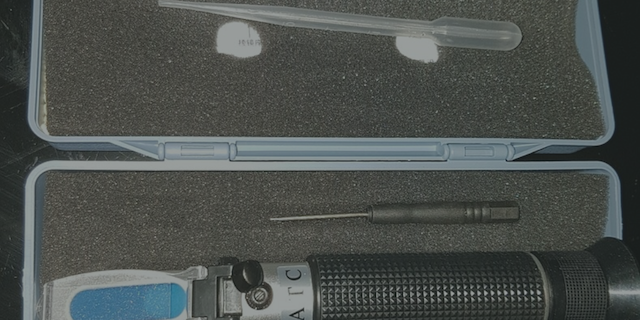At Duncan McKenzie Property, we’re all about looking after our landlords, tenants and of course the properties. We run periodic property checks to ensure that standards are constantly maintained, that Landlords can be kept informed of routine work that needs to be done and that tenants are aware of what responsibilities they need to take for maintenance of the property in which they call home.
Ventilate your property to ensure that moulds don’t develop. Move your furniture away from walls, open windows for even just10 minutes on cold mornings to ensure moisture leaves the property and fresh air comes in.
Vacuum away the dust to ensure that moulds don’t develop on dust too. Use damp catchers under the bed and in areas where moisture stays!
Use the right cleaning materials for your property, such as leather cream/wipes on leather, wood floor cleaner on wooden floors, ceramic hob cleaner on ceramic hobs, and non scratch cleaners on baths. There are lots of “green” products out there too which are more effective than they used to be and therefore kinder to you and your home.
And as always, when in doubt, give us a shout – call us or leave a message at the Duncan McKenzie Property office (details to the right of this page) – we’re always happy to hear from you.














